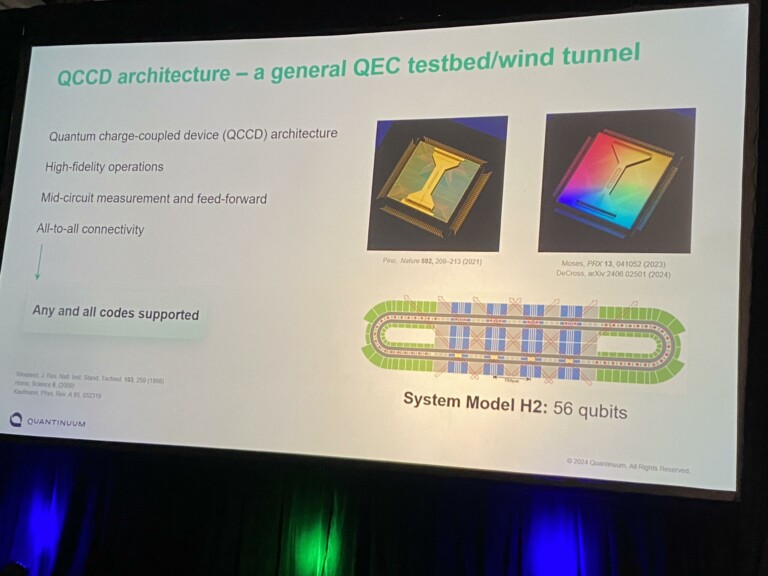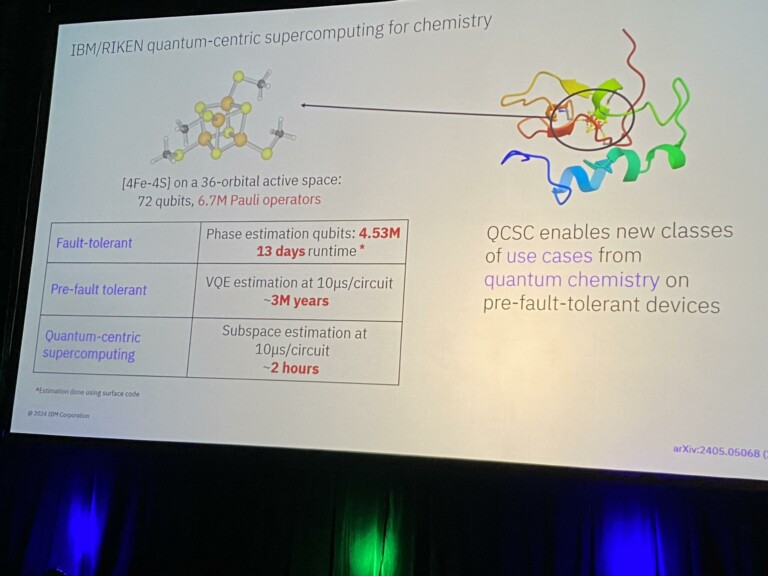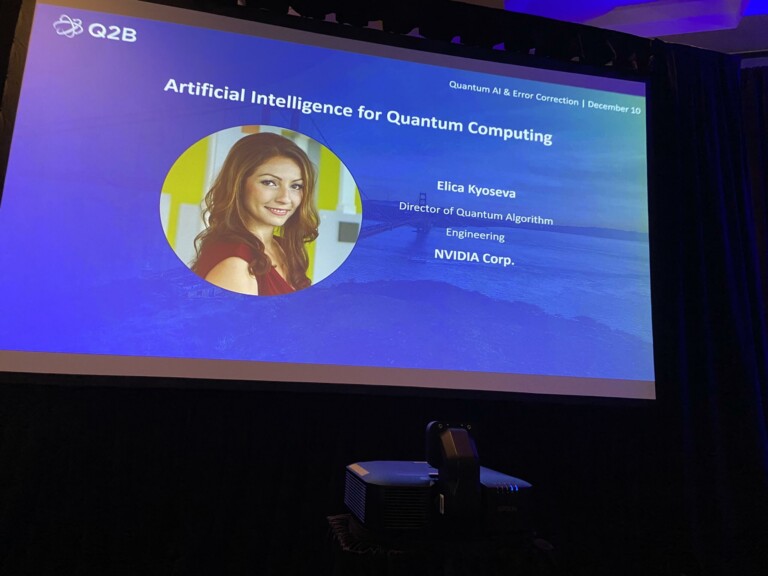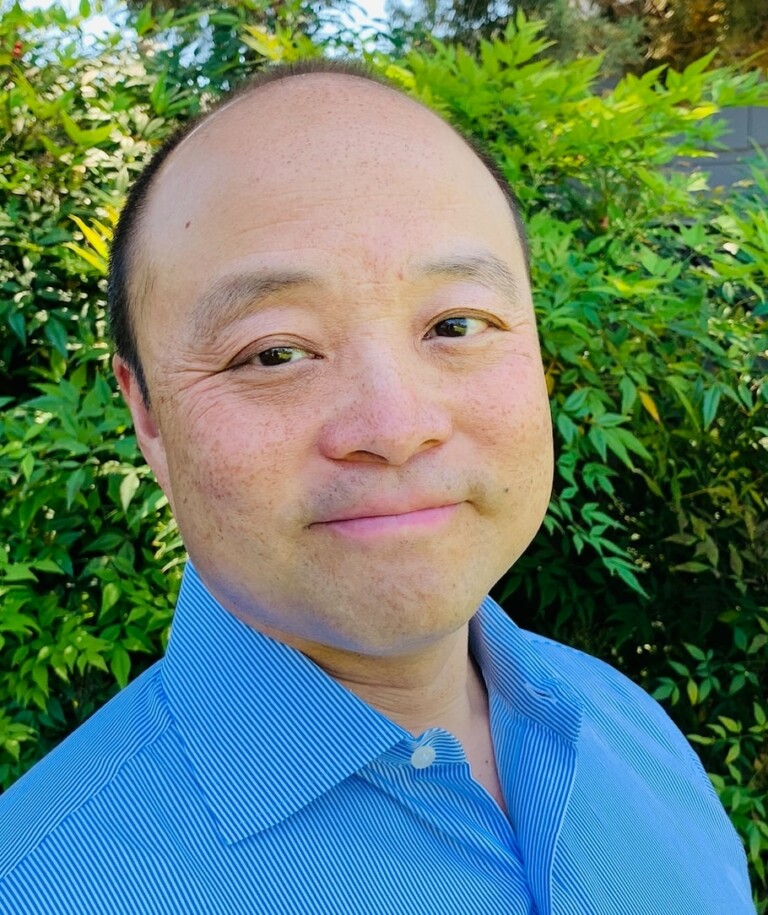Atomically Precising Placement of Silicon to Make Kane Quantum Computers | NextBigFuture.com
There is progress to precisely placing silicon atoms to create qubits for quantum computers.
The Kane quantum computer is a proposal for a scalable quantum computer proposed by Bruce Kane in 1998 who was then at the University of New South Wales. Often thought of as a hybrid between quantum dot and nuclear magnetic resonance (NMR) quantum computers, the Kane computer is based on an array of individual phosphorus donor atoms embedded in a pure silicon lattice. Both the nuclear spins of the donors and the spins of the donor electrons participate in the computation.
Unlike many quantum computation schemes, the Kane quantum computer is in principle scalable to an arbitrary number of qubits. This is possible because qubits may be individually addressed by electrical means.
Since Kane’s proposal, under the guidance of Robert Clark and now Michelle Simmons, pursuing realization of the Kane quantum computer has become the primary quantum computing effort in Australia. Theorists have put forward a number of proposals for improved readout. Experimentally, atomic-precision deposition of phosphorus atoms has been achieved using a scanning tunneling microscope (STM) technique in 2003. Detection of the movement of single electrons between small, dense clusters of phosphorus donors has also been achieved. The group remains optimistic that a practical large-scale quantum computer can be built. Other groups believe that the idea needs to be modified.
In 2020, Andrea Morello and others demonstrated that an antimony nucleus (with eight spin states) embedded in silicon could be controlled using an electric field, rather than a magnetic field.
Brian Wang is a Futurist Thought Leader and a popular Science blogger with 1 million readers per month. His blog Nextbigfuture.com is ranked #1 Science News Blog. It covers many disruptive technology and trends including Space, Robotics, Artificial Intelligence, Medicine, Anti-aging Biotechnology, and Nanotechnology.
Known for identifying cutting edge technologies, he is currently a Co-Founder of a startup and fundraiser for high potential early-stage companies. He is the Head of Research for Allocations for deep technology investments and an Angel Investor at Space Angels.
A frequent speaker at corporations, he has been a TEDx speaker, a Singularity University speaker and guest at numerous interviews for radio and podcasts. He is open to public speaking and advising engagements.
Information contained on this page is provided by an independent third-party content provider. This website makes no warranties or representations in connection therewith. If you are affiliated with this page and would like it removed please contact editor @riverton.business






